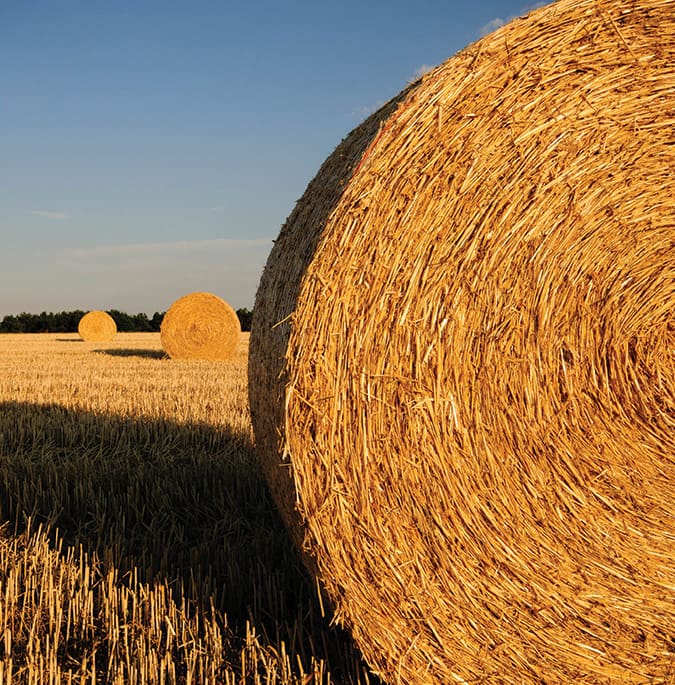Credit & Rural Development
Farmer cooperatives have increased their presence in rural communities and have a vested interest in the economic well-being of these areas. Their activities, earnings, and patronage dividends directly support the rural American economy. NCFC believes federal policies must continue to provide rural communities with the tools necessary to sustain and promote economic well-being.

Rural Development
Farmer cooperatives contribute directly to the financial and business health of the rural communities in which they and their members operate. Their activities, earnings, and patronage dividends directly support the rural American economy. Federal policies must continue providing rural communities with the tools necessary to sustain and promote economic well-being. Rural development and healthy communities are more than just economics. The driving force behind farmer cooperatives, farmers joining together to help each other solve important problems, often translates into the cooperative playing vital, non-economic roles in promoting the health of their communities.
Policy Resolutions
- Encourage and promote rural development, including through farmer-owned.
- Strengthen programs to better enable farmers and their cooperatively owned businesses to capitalize on new value-added market opportunities.
- Maintain Value-Added Producer Grants, including farmer cooperative eligibility, and full funding.
- Ensure USDA’s Cooperative Services has the staff and resources to meet the needs of our nation’s farmer cooperatives by providing relevant and timely information, statistics, and research in addition to effective program administration.
- Ensure rural America receives equitable treatment in federal infrastructure investments, including expansion of broadband for production agriculture and to increase access to public safety, community facilities and health resources, adapt to evolving market systems and improve resiliency to adverse climate conditions.
Farm Credit
The Farm Credit System is a cooperatively owned network of financial institutions established by Congress to serve as the reliable supplier of competitively priced credit to U.S. farmers, ranchers, agricultural cooperatives, rural utilities, and other rural businesses. The cooperative structure of the Farm Credit System ensures that profits are returned to customer-owners through patronage distributions or are used to support new, mission-related lending activities.
Policy Resolutions
- Support initiatives ensuring that the Farm Credit System remains a reliable and competitive source of credit to farmers, ranchers, agricultural cooperatives, and rural infrastructure.
- Support the Agriculture Committees’ continued jurisdiction over the Farm Credit System and regulatory oversight by the Farm Credit Administration.
- Support efforts by the Farm Credit System to modernize its lending authorities to reflect the changing rural and farm economy, including the development of new generation cooperatives, if such opportunities arise.
- Oppose any action that would revise Farm Credit System tax provisions in a manner that would negatively impact customer-owners and the ability of Farm Credit institutions to build capital necessary to serve customers.
- Oppose efforts to divert cooperative financial earnings or investments from customer-owners to fund non-cooperative outside interests’ initiatives, which would result in undermining the cooperative lending structure.
